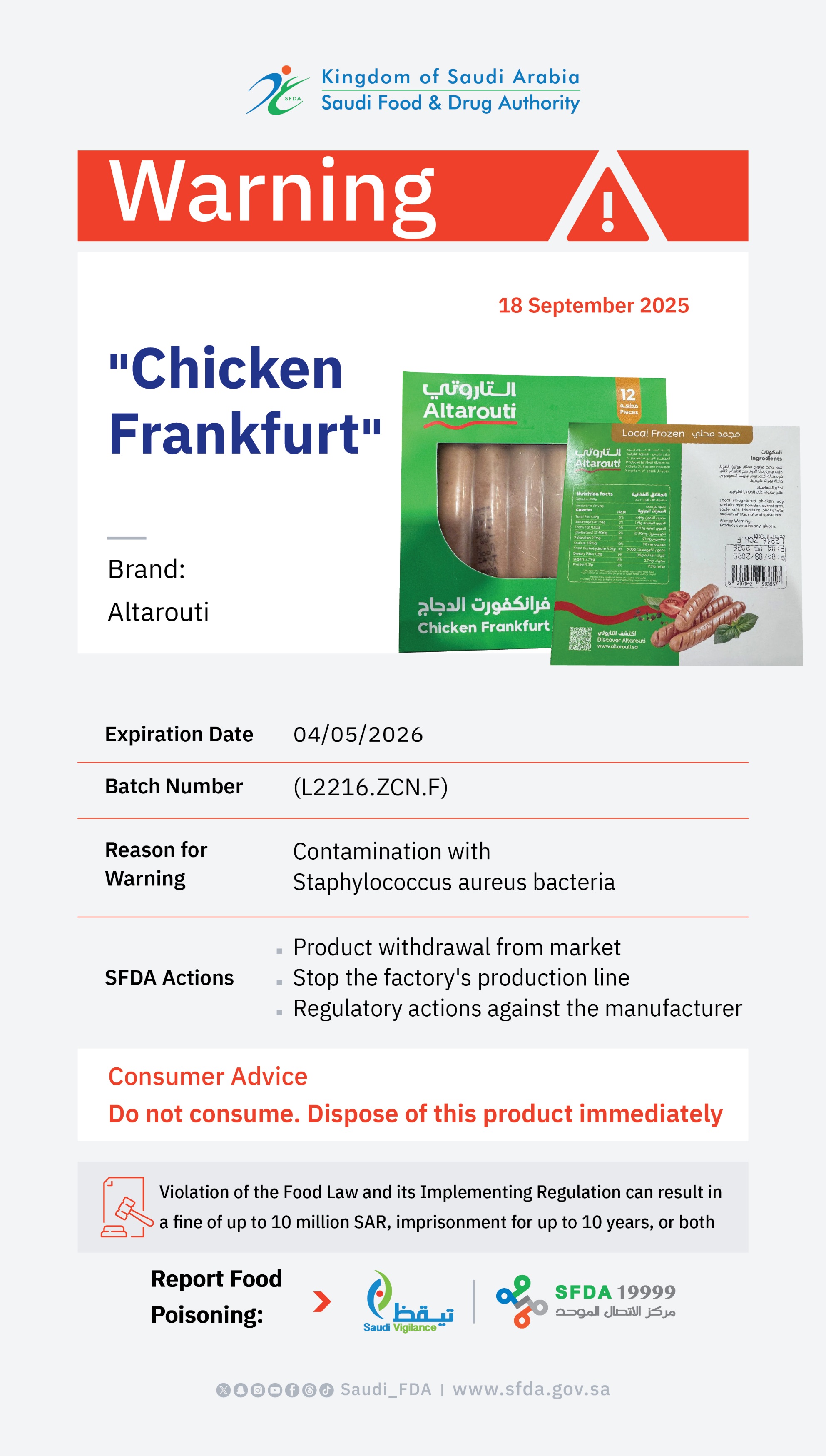
Fluoroquinolone Antibiotics & Psychiatric Adverse Drug Reactions
2008-02-06
Prescrire International, a highly regarded French drug bulletin, published a review of psychiatric adverse effects associated with the use of Fluoroquinolone antibiotics in their February 2008 issue. The review is based 590 psychiatric adverse reactions reported to the Bordeaux Regional Pharmacovigilance Centre between 1985 and 2002.
Overall, 7.4% of the reports involved a psychiatric adverse effect with a Fluoroquinolone compared to 2.6% for all other antibiotics combined. There were approximately 38,000 reports in total.
The most common psychiatric adverse effects reported were:
· Confusion 51%
· Hallucinations 27%
· Agitation 13%
· Delirium 12%
· Insomnia 8%
· Drowsiness 4%
The reactions were reported as severe in 21.7% of cases and required hospitalization or prolonging hospital stay. The severity of the reactions was not reported in 42.5% of cases. The elderly appear to be at greatest risk.
The Fluoroquinolone antibiotic was discontinued in 54.7% of cases and the psychiatric symptoms usually stopped when the drug was withdrawn. In five cases, the Fluoroquinolone was reintroduced and the adverse effects reappeared.
The table below lists the generic and brand names of Fluoroquinolone antibiotics available in Saudi Arabia.
|
Generic Name |
Brand Name(s) |
|
Ciprofloxacin |
Bactall, Ciflox, Ciprobay, Ciprocin, Ciprodar, Ciproflox, Ciprogen, Ciprolet, Ciprolon, Cipromax, Cipromed, Cipropharm, Ciproquin, Ciproxen, Emicipro, Omacip, Quinox, Sarf |
|
Enoxacin |
Penetrex |
|
Gemifloxacin |
Factive |
|
Levofloxacin |
Tavanic |
|
Lomefloxacin |
Lomax |
|
Moxifloxacin |
Avalox |
|
Norfloxacin |
Noracin, Uroxin |
|
Ofloxacin |
Novecin, Oflacin, Tarivid |
|
Pefloxacin |
Peflacine |
New psychiatric symptoms are well known adverse effects of fluoroquinolone antibiotics. In addition neurological effects, including seizures, photosensitization, tendon disorders, and QT prolongation are seen with these drugs.
Actions that Healthcare Professionals and Public Should Follow:
- Healthcare professionals should be aware that most Fluoroquinolone antibiotics are eliminated renally and the dose of these drugs must be adjusted for renal status.
- Healthcare professionals should inform patients, family members, and care givers of the possibility of psychiatric adverse effects, sometimes severe, with the Fluoroquinolone antibiotics.
- Patients, family members, and care givers should stop the drug and seek immediate medical attention if psychiatric symptoms, severe sunburn (photosensitization), or unexplained tendon pain develop while taking a Fluoroquinolone antibiotic.
Report Adverse Drug Reactions to The SFDA:
The public and health professionals are encouraged to report all adverse drug reactions the National Pharmacovigilance Center on the Internet at:
.





